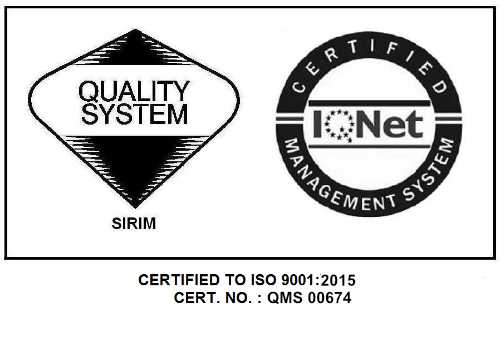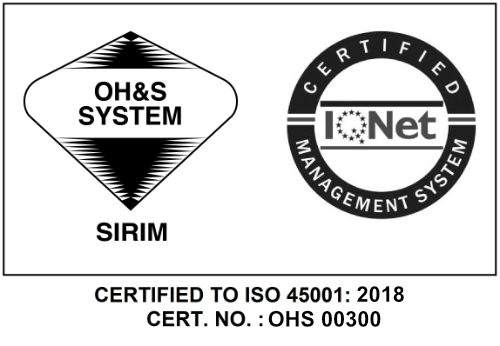
Effective management of logistics and project timelines is the cornerstone of successful modular construction. While much of the work happens offsite in a factory, the real challenge lies in coordinating the transportation of modules and their timely assembly onsite. The seamless integration of production, logistics, and assembly phases ensures that modular projects are completed on schedule and within budget.
Once the modules are manufactured, the first task is to manage their transportation. Unlike traditional construction materials, modules are large, fully constructed sections of a building requiring specialised transportation. This can involve flatbed trucks or even shipping containers for international projects. Each module must be transported correctly to align with the construction sequence onsite. Any delay in the transport schedule can throw off the entire project timeline, so careful planning is essential.
Clear communication between all stakeholders—suppliers, transportation teams, construction crews, and clients—is paramount to avoid bottlenecks. For example, the factory team needs to know when modules are scheduled for transport to adjust production timelines, while the onsite crew needs to prepare for the modules’ arrival. Any miscommunication can result in costly delays or rework. Digital tools like construction management software play a significant role here, enabling real-time updates and coordination among all parties involved.
In addition to logistics, strong project management is crucial for overseeing the modular construction process, from the design phase to the final installation. Project managers must ensure that every stage – production, transportation, and assembly – runs smoothly. This involves meticulous scheduling and risk management, as delays in one area can affect the entire project.
Managing the assembly process is just as important. Unlike traditional construction, where materials are brought to the site gradually, modular construction involves rapidly assembling pre-built modules. The onsite team must be prepared to install the modules quickly and accurately as they arrive. The foundation and infrastructure, such as utilities, must be ready to receive the modules to prevent delays.
Stay tuned for the final, where we explore the critical role of onsite expertise in delivering modular construction projects efficiently.
Related articles:
Part 1: The Key to Modular Construction Success: Preconstruction Design
Part 2: Factory Excellence: The Heart of High-Quality Modular Construction
Part 4: Onsite Expertise: Delivering Modular Projects Efficiently















